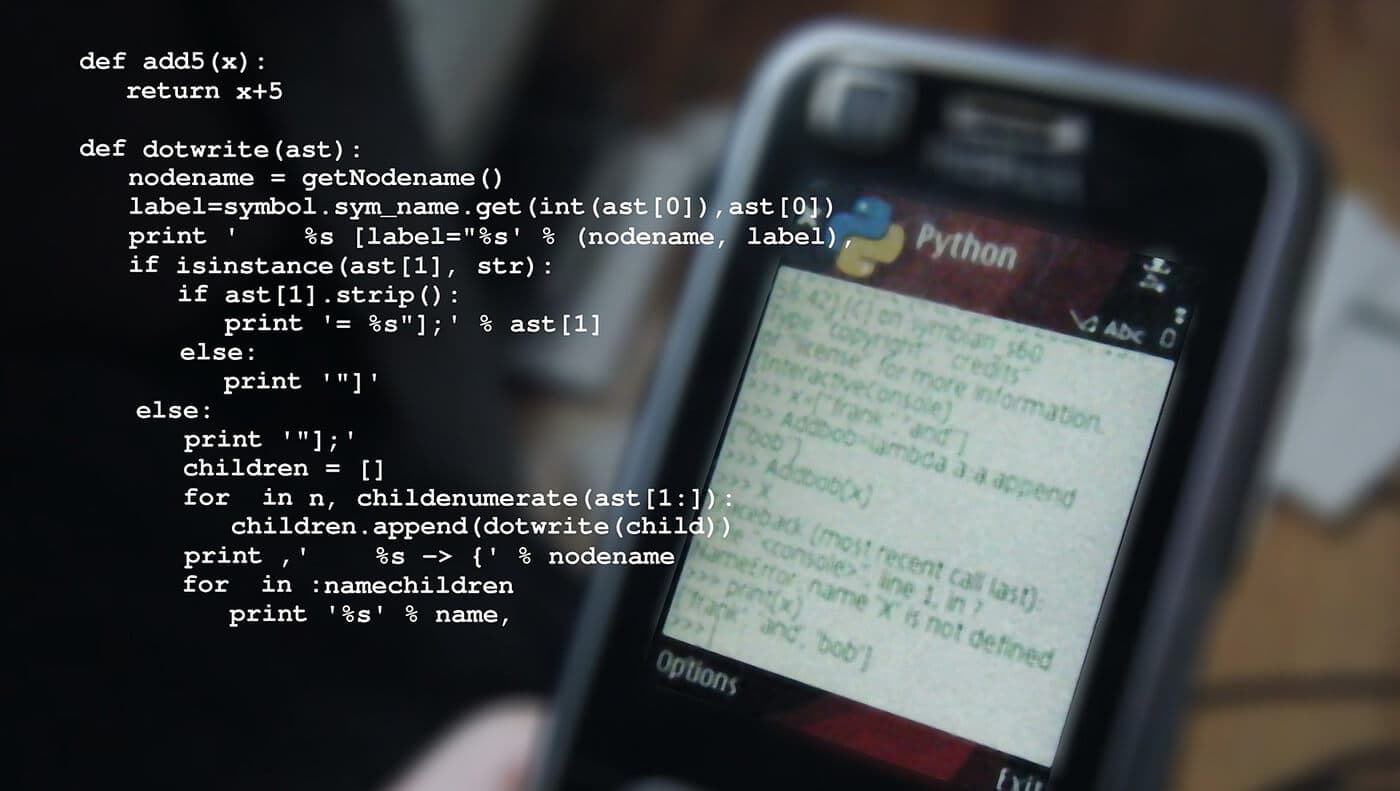
Every aspiring developer wants to learn it. Everyone who’s started learning it wants to get better. If you’re a beginner looking to hop on the Python-bandwagon too, we have some useful tips that will help you grasp python better than your peers.
Here’s why python is one of the most popular programming languages today –
Becoming a Python Developer is the most obvious line of work but it is not the only one, you will also find it useful in almost any field involving data tracking, data collection, analysis, product management, the scope of its application is endless within the data world.
Below are some examples of the kind of projects (and eventually professional fields) you could work on:
And so on.
Contrary to popular belief, learning Python can open doors to a successful and lucrative living. According to Indeed (a popular Job search portal), the average Python developer salary in the US in 2020 is $120K per year. Entry-level Python developers’ salaries are approx. $74,435.
There’s no caveat to who can learn Python. If you’re interested and passionate enough, you sure can. A Python Course can help guide you through regardless of your current skill level. But the question is, if you’re a beginner at Python what can you do to ensure you make the best of it?

There is no better time to start coding than right now, and that doesn’t make tomorrow any different. Keep at it every single day. Consistency is key to expertise in any and every field. Committing to code everyday should be your mantra as a beginner.
A very helpful tool for anybody beginning to learn python is writing your code down by hand and then coding it in. This is going to improve your familiarity with your code, and have you known any code you write, like the back of your hand.
Start working and building applications from the very start to keep yourself engaged with your progress. This makes your progress feel organic, it will also help you practice basic coding easier and become more adept at it.
Some example of basic applications you could make are;
Open source projects are publicly accessible codes that you can access and work on along with a community of like-minded peers. It’s a place where everyone who can code can be and learn together form one another. You will also get to work with big companies on bigger projects along with their engineers and gain professional experience while having fun.
Use sites such as HackerRank to test and progress your skills, with fresh challenges for you to beat every time until you beat them and become better at it. At the end of the day, this is all about having fun, and there’s nothing more fun than beating out challenges purely off your skills.
Learning Python will kickstart your life into the profession you desire, be it from the range listed above, or some role that you create for yourself, there is as much scope for creating your own place, as there may be for another.
And there is no time to begin like now.
Remember to code every day, and to write your codes down while typing them. Try to build software, make contributions to open-source software, and to keep practicing your skills to keep them fresh and handy.
But you don’t have to do anything alone.
At MAGES, we believe in imparting knowledge that is completely (and primarily) industry relevant. Our courses and programmes are specially designed to equip you with relevant skills needed to make a successful living. For this, we have a team of industry-experienced mentors who guide you towards your career goals efficiently. All at extremely affordable costs.
Check out our courses and programmes here